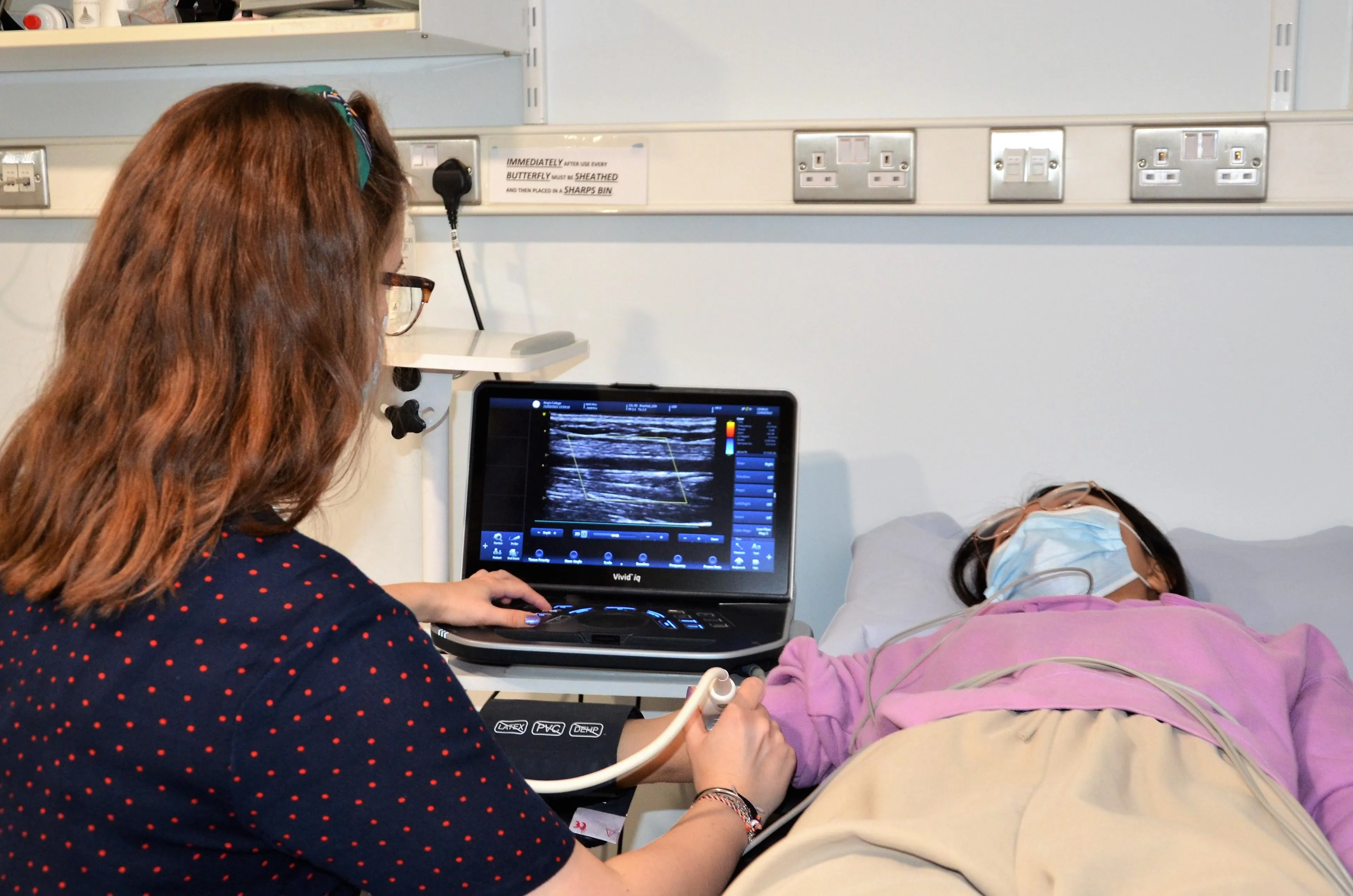
The Metabolic Research Unit
The Metabolic Research Unit (MRU) is a facility where members of the public and patients can visit to take part in nutrition research studies. It is equipped with a comprehensive range of facilities and equipment to support research in the field of nutrition.
What facilities we have:
We have a fully equipped metabolic kitchen that allows us to prepare and standardize meals and study foods for research participants, as well as a suite of consultation rooms where researchers can meet participants for accurate and reliable dietary data collection. The MRU is fully-equipped with 4 clinical rooms designed for phlebotomy (taking blood) and a range of facilities for conducting physiological, body composition and behavioural measurements. This includes measuring blood pressure, arterial stiffness, endothelial function, heart rate variability, breath hydrogen testing, indirect calorimetry, body composition (bioelectrical impedance analysis, BODPOD whole-body densitometry), appetite, cognitive function and more.
What we can do:
Our MRU has the capacity to conduct a wide range of nutrition research studies, including acute postprandial metabolic studies, chronic dietary interventions, and observational studies. MRU laboratory space is available for processing and storage of blood, saliva, urine and stool samples. Adjoining laboratories have the facilities to analyse biomarkers and nutrient metabolism by a variety of methods including HPLC, GC, LC-MS and GC-MS. The MRU is managed by a paramedic and serves PhD students, postdoctoral researchers and academic staff in running nutrition studies, as well as undergraduate and postgraduate taught students undertaking practical work and student projects.